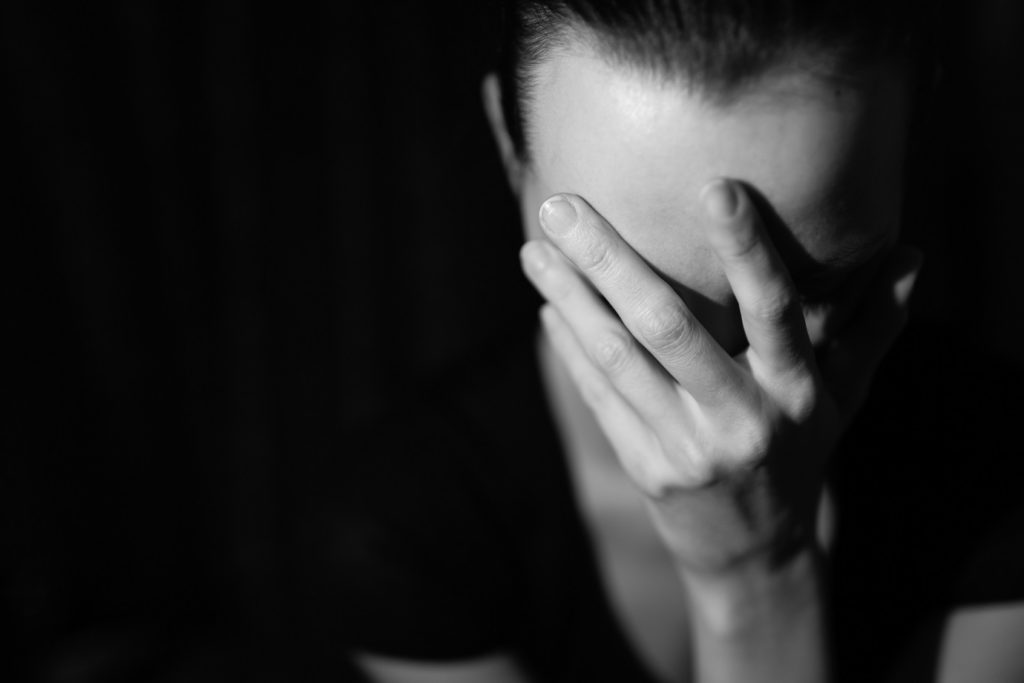Misinformation was at the heart of the violence that broke out across England over the weekend resulting in hundreds of arrests, fuelled by what Home Secretary Yvette Copper described as social media platforms putting “rocket boosters” under content.
The content concerned the identity of the 17-year-old charged with murdering three girls in Southport last week, with posts going vial that pushed the false narrative that the attacker was Muslim and had recently arrived in the UK as a migrant after crossing the Channel.
Axel Ruakubana has been charged with three counts of murder and 10 counts of attempted murder. He was born in Cardiff and is not Muslim or a migrant.
Elsewhere and in very different circumstances, misinformation was fuelling a different firestorm following a preliminary women’s under 66kg boxing match at the Paris Olympics, with inaccurate claims emerging that Algerian boxer Imane Khelif was transgender and that her opponent, Italian Angela Carini, had to face off against a man.
Khelif is not transgender. She identifies as a woman, has lived her life as a woman, and meets the IOC’s criteria for gender classification. She competed in Tokyo, winning her opening fight but then losing her second. She was beaten by nine women in the lead-up to the Paris Games.
These two very different examples demonstrate how quickly hatred and anger can stir up online and can, in some cases, lead to physical violence.
These examples also come following examples of our own — such as the misinformation that emerged in the hours following the stabbing attack at Bondi Westfield earlier in the year when five women and one man were murdered, with false claims circulating regarding the motivations and ideologies of the attacker.
Misinformation can also fuel radicalisation, something we heard on Monday that Australia’s intelligence agency is particularly concerned about, as it announced it had raised Australia’s national terrorism threat from “possible” to “probable”.
Mike Burges, head of ASIO, said there had been eight attacks or disruptions in Australia over the past four months that have involved alleged terrorism or are being investigated as potential terrorism.
This radicalisation is not merely about religious extremism — rather, we’re seeing a “diverse range of extreme ideologies and more Australias are willing to use violence to advance their cause.”
“We are seeing spikes in political polarisation and intolerance, uncivil debate and unpeaceful protest,” Burgess said. He spoke about individuals embracing anti-authority ideologies, as well as conspiracy theories and diverse grievances.”
These threats come, Burgess said, as “more Australians are being radicalised and radicalised more quickly.”
Later speaking with ABC’s 7.30, Burgess added the incidents ASIO has been investigating involve an “equal mix” of nationalism, racism, religious motivation and a case of “mixed ideology that goes to the left and right.”
His comments and this elevated threat level should have us considering the real dangers of misinformation and disinformation online but also the opportunities for identifying warning signs that go beyond stereotypes about what a “terrorist” looks like to consider the early warning signs of misogyny and racism.
Recent research published by Dr Sara Meger from the University of Melbourne found that almost 20 per cent of Australian men believe feminism is a danger to society and, if necessary, should be fought with violence.
The study of more than 1,020 people from across Australia found that misogynistic beliefs are a significant predictor of most forms of violent extremism — and that if anti-feminist beliefs were recognised as a separate form of violent extremism, it would represent the most prevalent form of violent extremism in the country today.
As Dr Meger said on the findings, “In light of the apparent targeting of women during the Bondi stabbings and the ongoing national domestic violence crisis, it is imperative that misogynistic attitudes be treated as a serious predictor of violent extremism, or we risk mistaking a deeply rooted and widespread security threat as just individualised and unconnected offending.”
Dr Meger added that the researchers were surprised by just how prevalent anti-feminist violent extremist attitudes actually were in the responses they received.
“While existing early intervention strategies recognise the need to address societal drivers of radicalisation, the role of gender is largely unaddressed in this policy environment,” she said.
So is somehow stopping the spread of misinformation and disinformation across social media platforms the answer to mitigating the risk of terrorism?
It could certainly help.
Also helpful would be taking the early warning signs of misogyny and racist attitudes more seriously, along with the very real and constant threat of gender-based violence and family and domestic violence.


